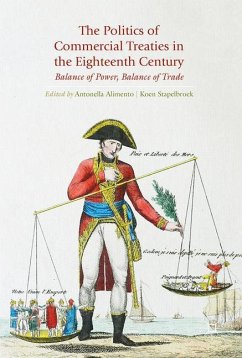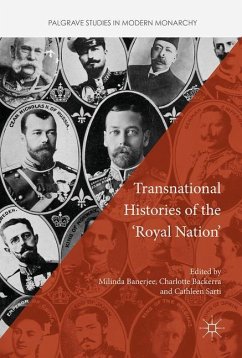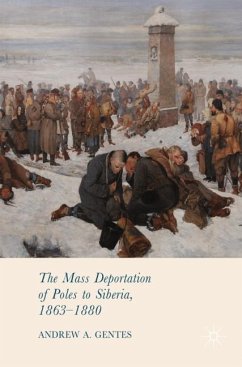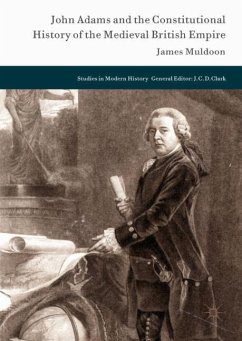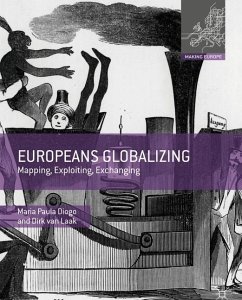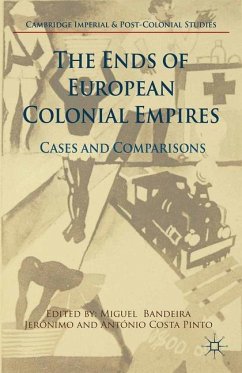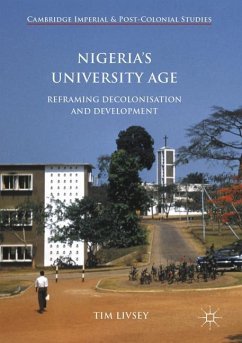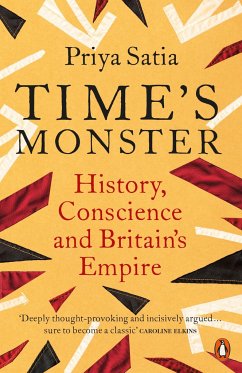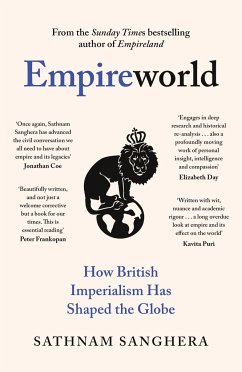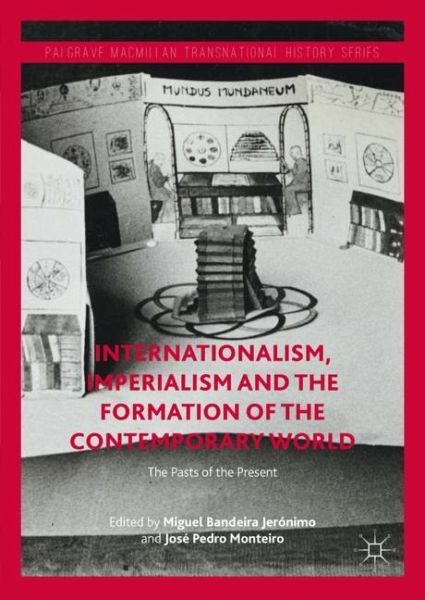
Internationalism, Imperialism and the Formation of the Contemporary World
The Pasts of the Present
Herausgegeben: Jerónimo, Miguel Bandeira; Monteiro, José Pedro

PAYBACK Punkte
46 °P sammeln!
This volume offers innovative insights into and approaches to the multiple historical intersections between distinct modalities of internationalism and imperialism during the twentieth century, across a range of contexts. Bringing together scholars from diverse theoretical, methodological and geographical backgrounds, the book explores an array of fundamental actors, institutions and processes that have decisively shaped contemporary history and the present. Among other crucial topics, it considers the expansion in the number and scope of activities of international organizations and its impac...
This volume offers innovative insights into and approaches to the multiple historical intersections between distinct modalities of internationalism and imperialism during the twentieth century, across a range of contexts. Bringing together scholars from diverse theoretical, methodological and geographical backgrounds, the book explores an array of fundamental actors, institutions and processes that have decisively shaped contemporary history and the present. Among other crucial topics, it considers the expansion in the number and scope of activities of international organizations and its impact on formal and informal imperial polities, as well as the propagation of developmentalist ethos and discourses, relating them to major historical processes such as the growing institutionalization of international scrutiny in the interwar years or, later, the emerging global Cold War.



